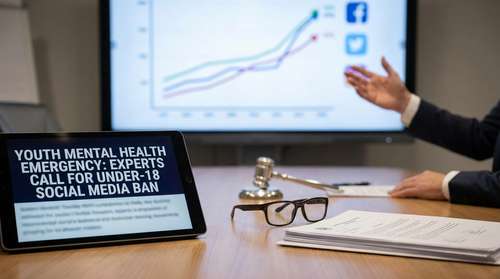What is a False Memory?
False memory is a case where people believe how specific incidents have occurred. However, these incidents might not have happened that way. This can include everything from locking the door to witnessing a horrific accident. This complete phenomenon is known as false memories. Let me give you a simple example. You are narrating the events of your previous birthday party to your friends that happened about a year ago. You remember you wore a dazzling goldish-brown dress. However, in reality, the color of that dress would be pastel green. In this case, something would’ve made you remember to have a false memory. There can be multiple reasons for forming false memories; sometimes, your brain doesn’t need a reason. To understand to what extent it can occur, let’s take the same example and the same dress you think you were wearing. In reality, there’s a chance you weren’t wearing a dress but a pair of jeans.
While this incident is trivial, and the difference in your dress won’t make a difference to anyone, there are far more serious scenarios. Even the tiniest of differences can completely flip the incident’s narrative. A vehicle accident, a murder, and more come under this category. Multiple people have come out with their stories, and this phenomenon isn’t uncommon.
To understand to what extent it can occur, let’s take the same example and the same dress you think you were wearing. In reality, there’s a chance you weren’t wearing a dress but a pair of jeans.
While this incident is trivial, and the difference in your dress won’t make a difference to anyone, there are far more serious scenarios. Even the tiniest of differences can completely flip the incident’s narrative. A vehicle accident, a murder, and more come under this category. Multiple people have come out with their stories, and this phenomenon isn’t uncommon.
Factors that Cause False Memories
There are multiple ways your mind can be affected by false memories. Everyone is already affected by these factors, and we all have false memories. The factors include:Inaccurate Perception.
 Sometimes, when the event is happening, you may not perceive it right. This can be one of the most significant factors. This is because while the memory is being fed into your system, it is being subjected to problems that are not helping you perceive it correctly. This could be as mundane as tired or severe as some anesthetic's effects.
Sometimes, when the event is happening, you may not perceive it right. This can be one of the most significant factors. This is because while the memory is being fed into your system, it is being subjected to problems that are not helping you perceive it correctly. This could be as mundane as tired or severe as some anesthetic's effects.




